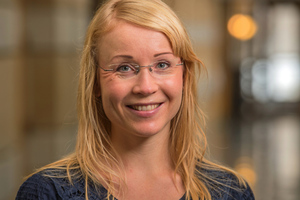Paving the Way to Peace? Ceasefire Agreements in Mindanao’s Peace Processes

Malin Åkebo
Researcher at the Department of Political Science, Umeå University, Kroc Institute Visiting Scholar
Research repeatedly underscores the importance of ceasefire agreements in peace processes but suggests that they can influence such processes in fundamentally different ways. On the one hand, ceasefires are often described by their potential to create momentum in peace processes and ‘pave the way’ for a peaceful solution. At the same time, it has also been suggested that ceasefire agreements can have negative consequences on conflict dynamics. Based on an analysis of ceasefire agreements in the lengthy process of peace negotiations between the government of the Philippine and the MILF in Mindanao, Åkebo explores the conditions when ceasefires were initiated, analyses how the nature and consequences of ceasefires have changed over time, and discusses how these agreements have influenced, and been influenced by, the dynamics of the broader peace process.
Malin Åkebo is a researcher at the Department of Political Science, Umeå University. She is currently working on a postdoc project aiming to explore why some ceasefire agreements lead to comprehensive peace accords while others do not. Åkebo is the author of Ceasefire Agreements and Peace Processes: A Comparative Study (Routledge, 2016). She is also one of the deputy directors of the Varieties of Peace research program recently initiated at Umeå University.